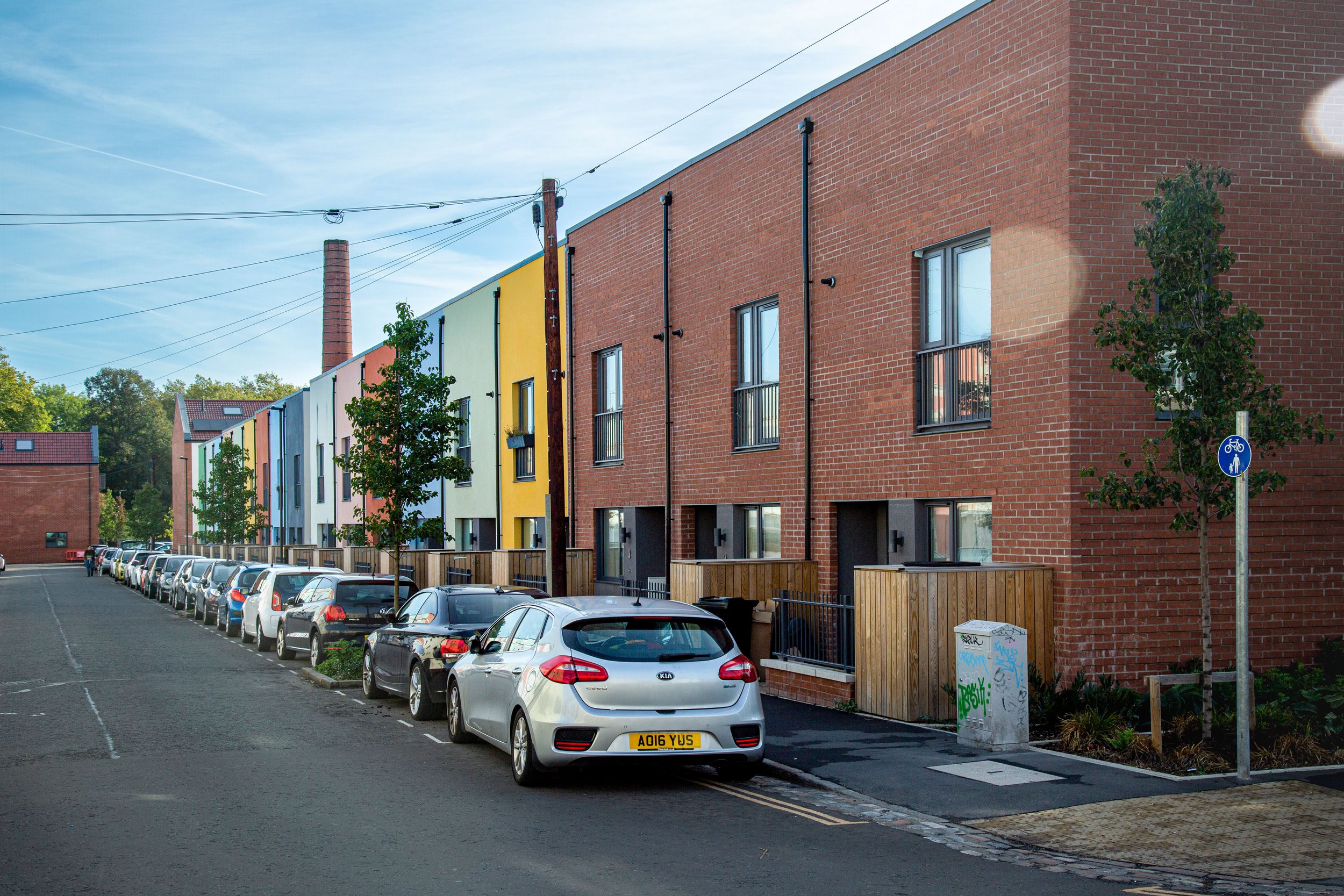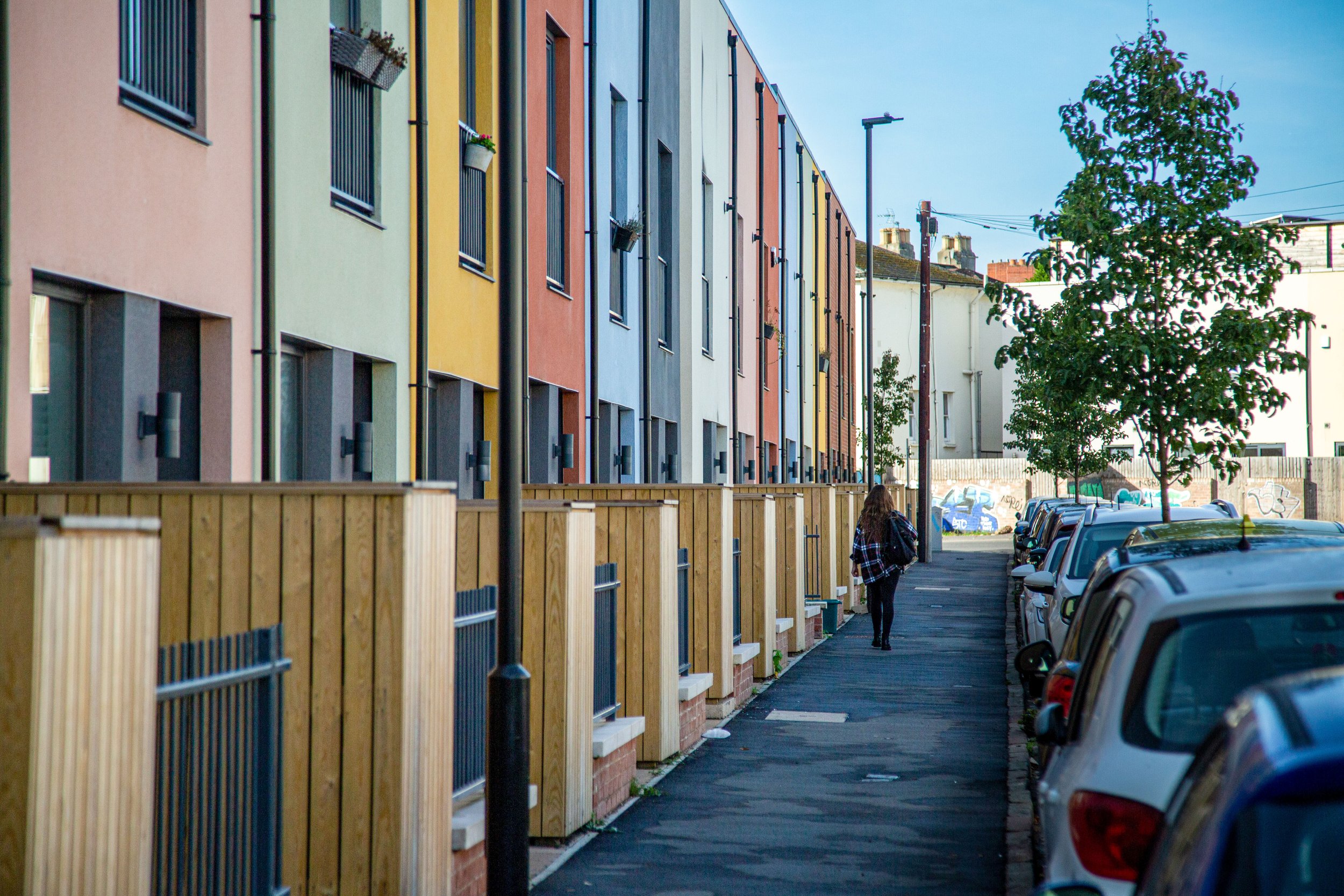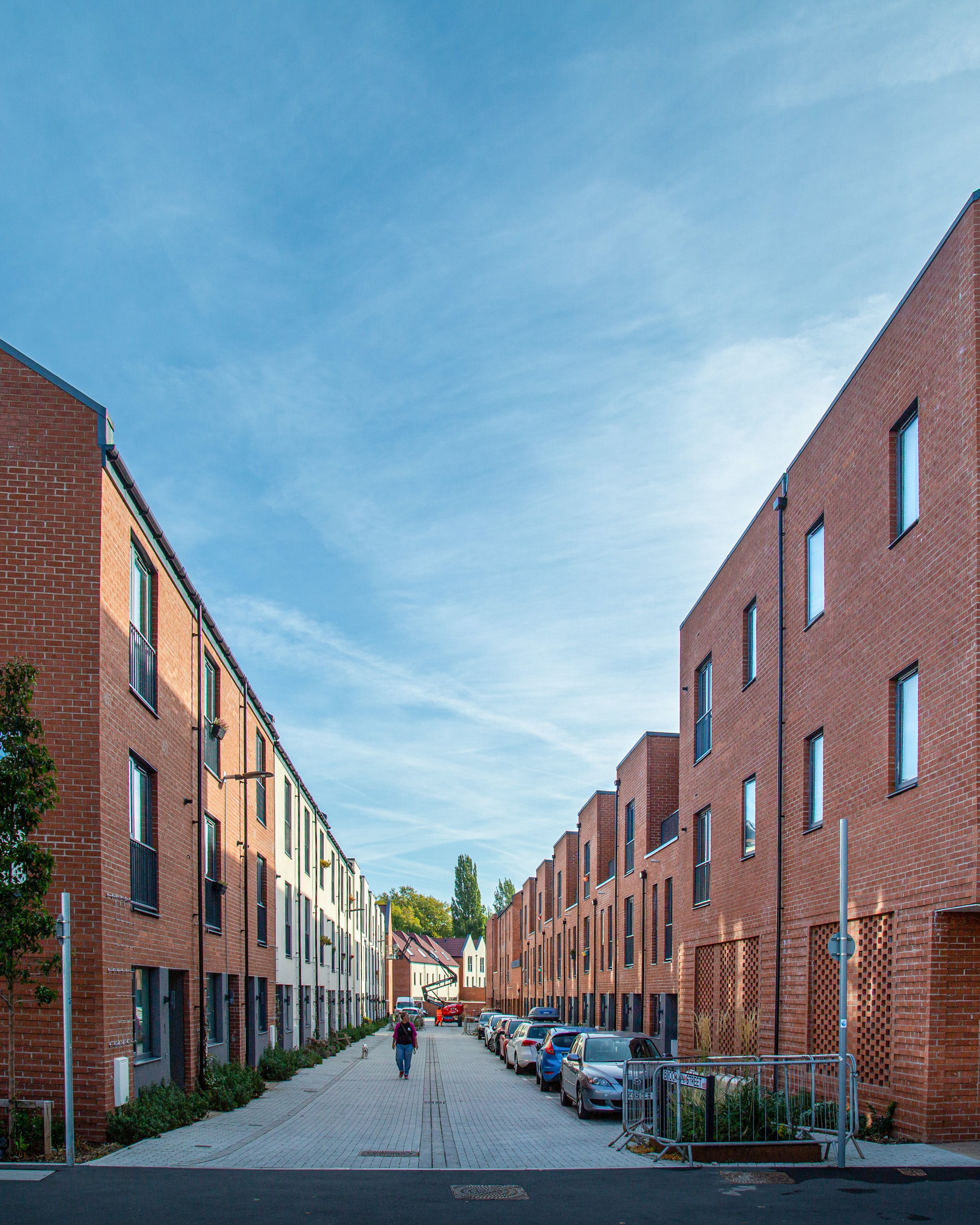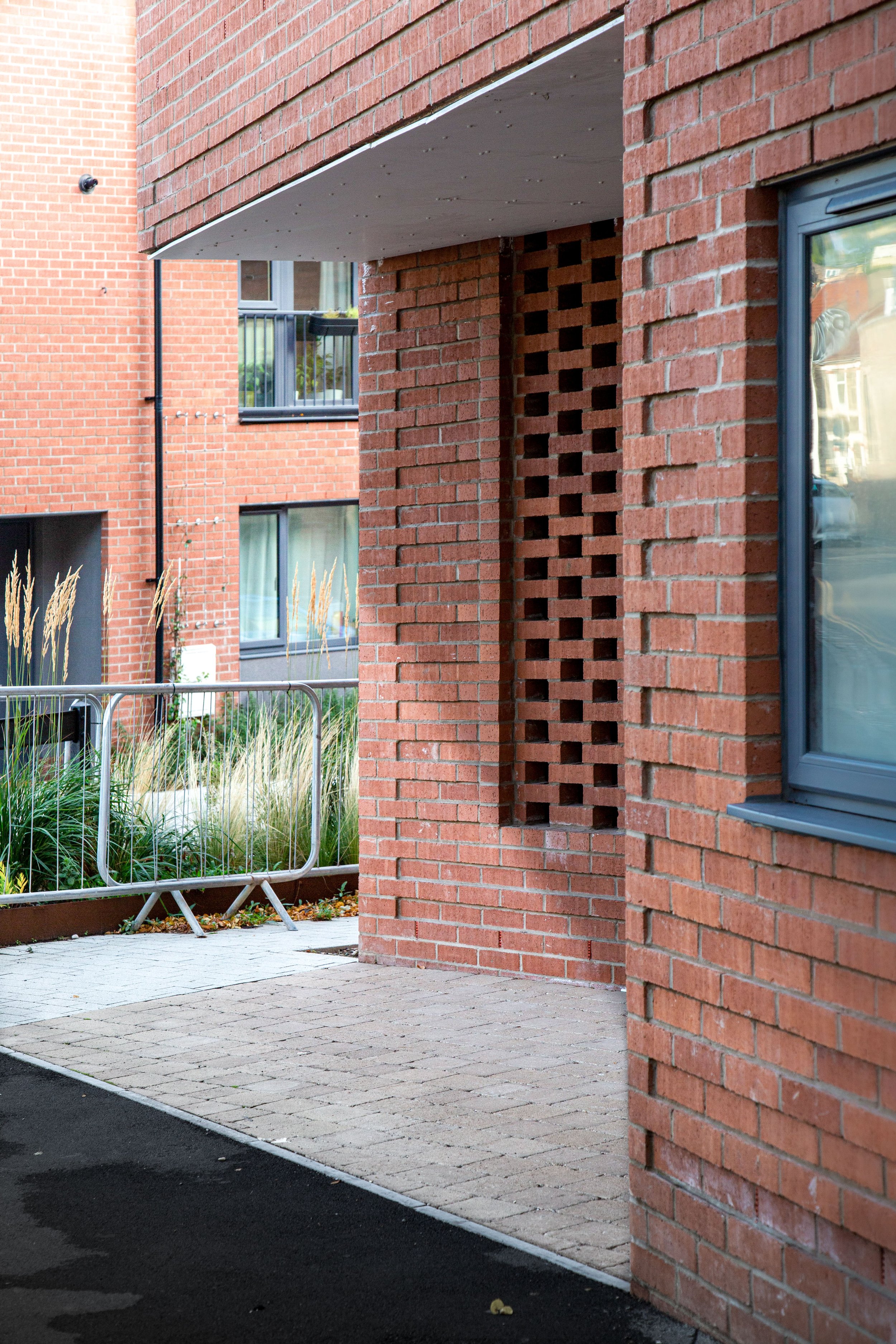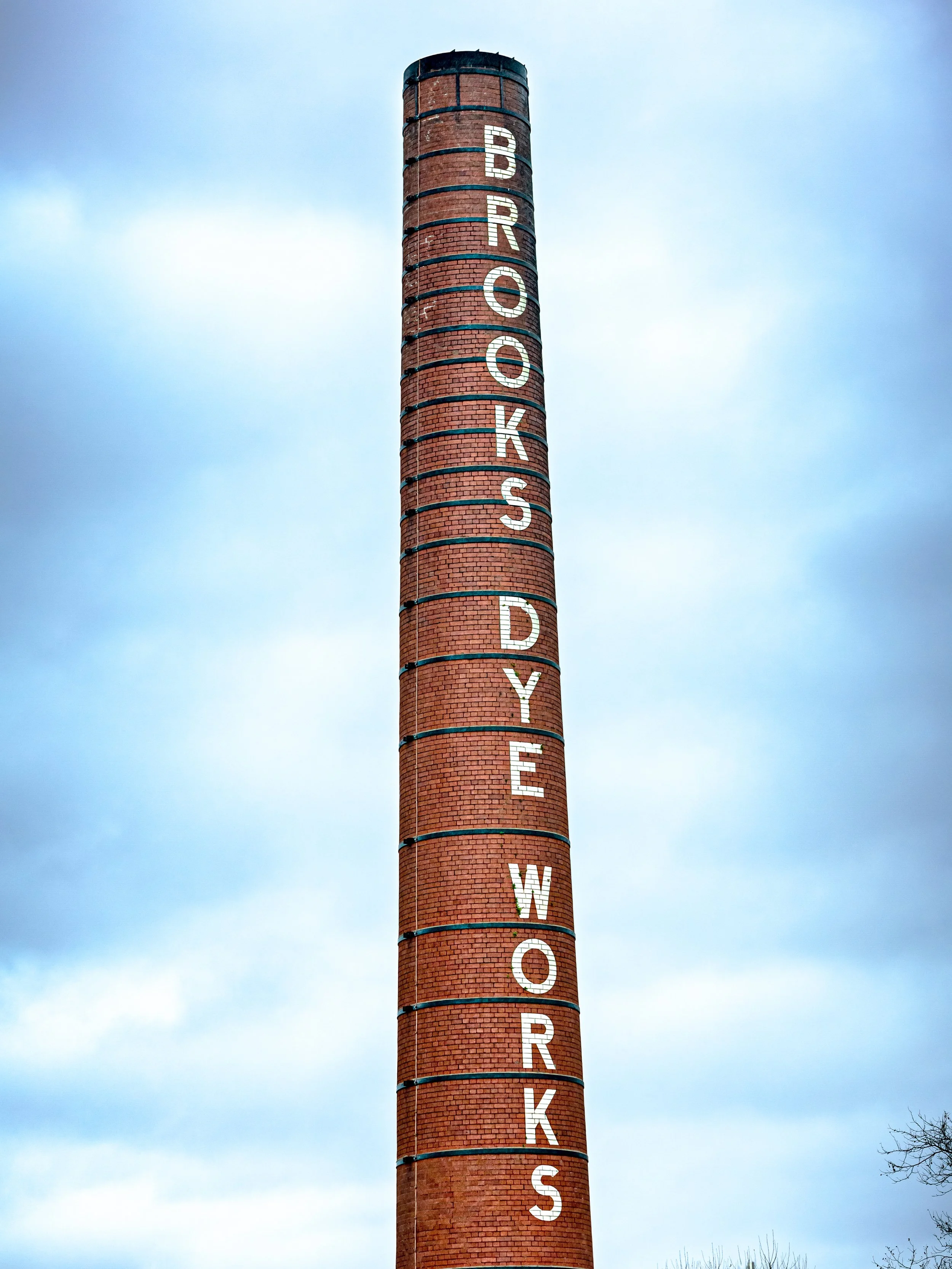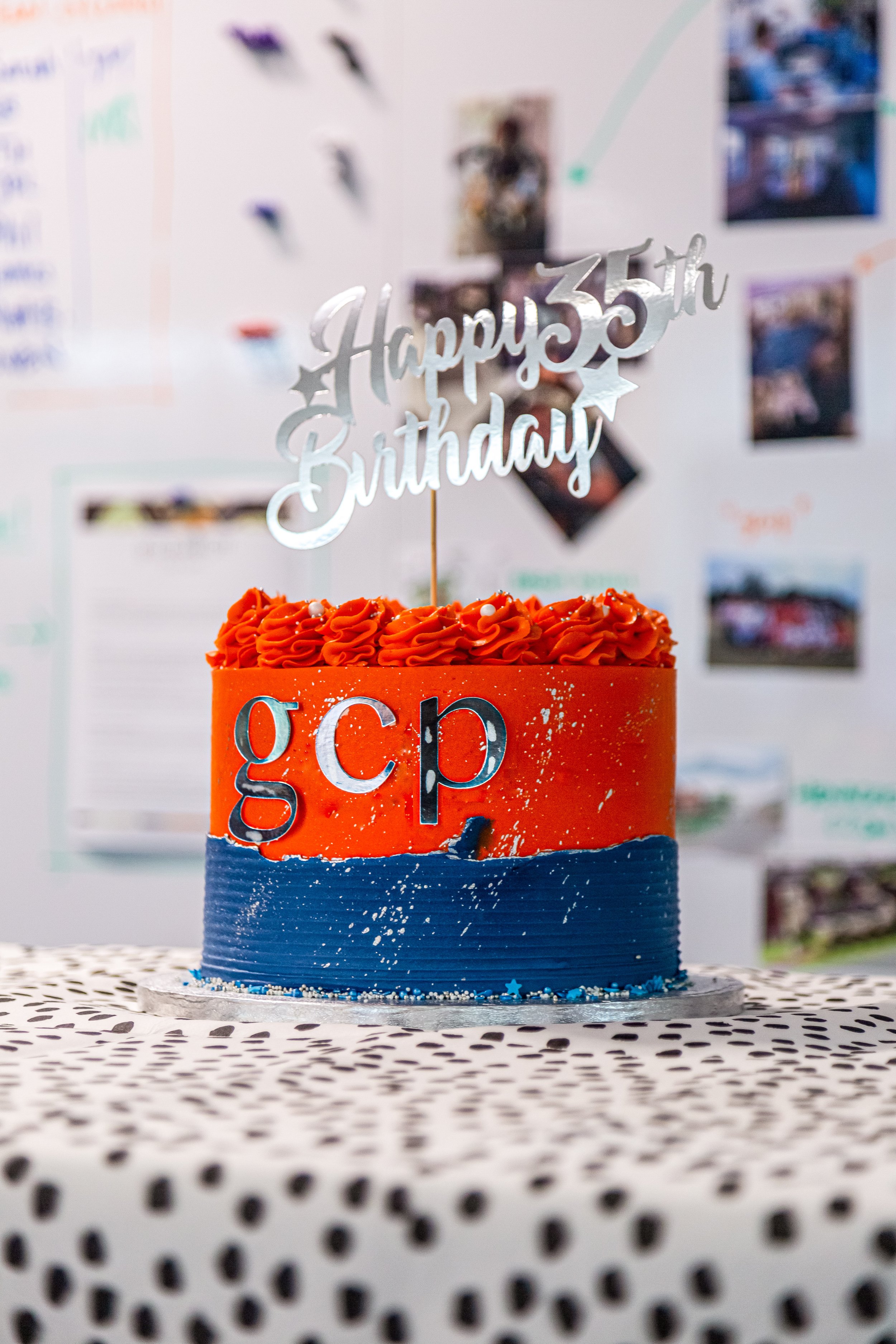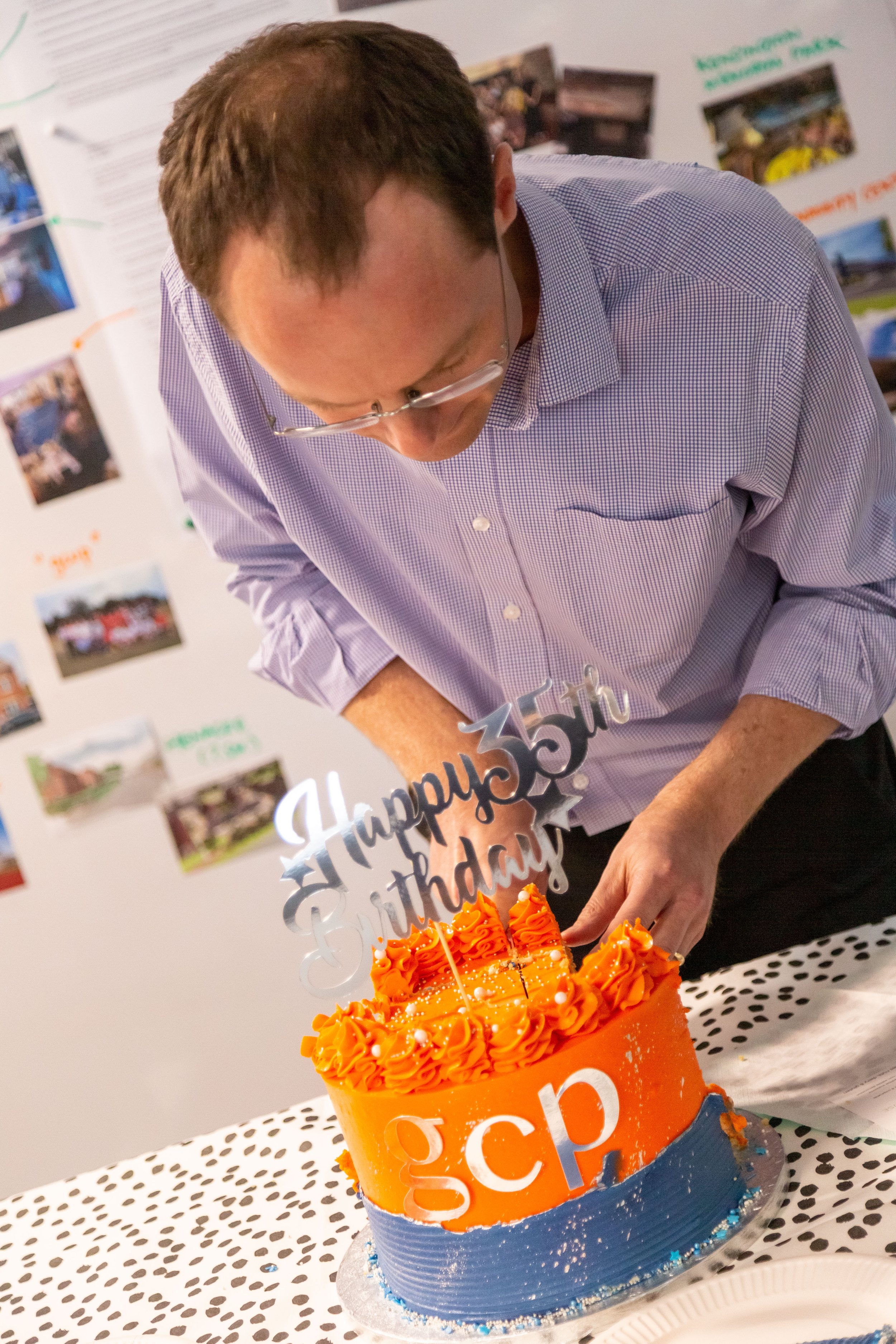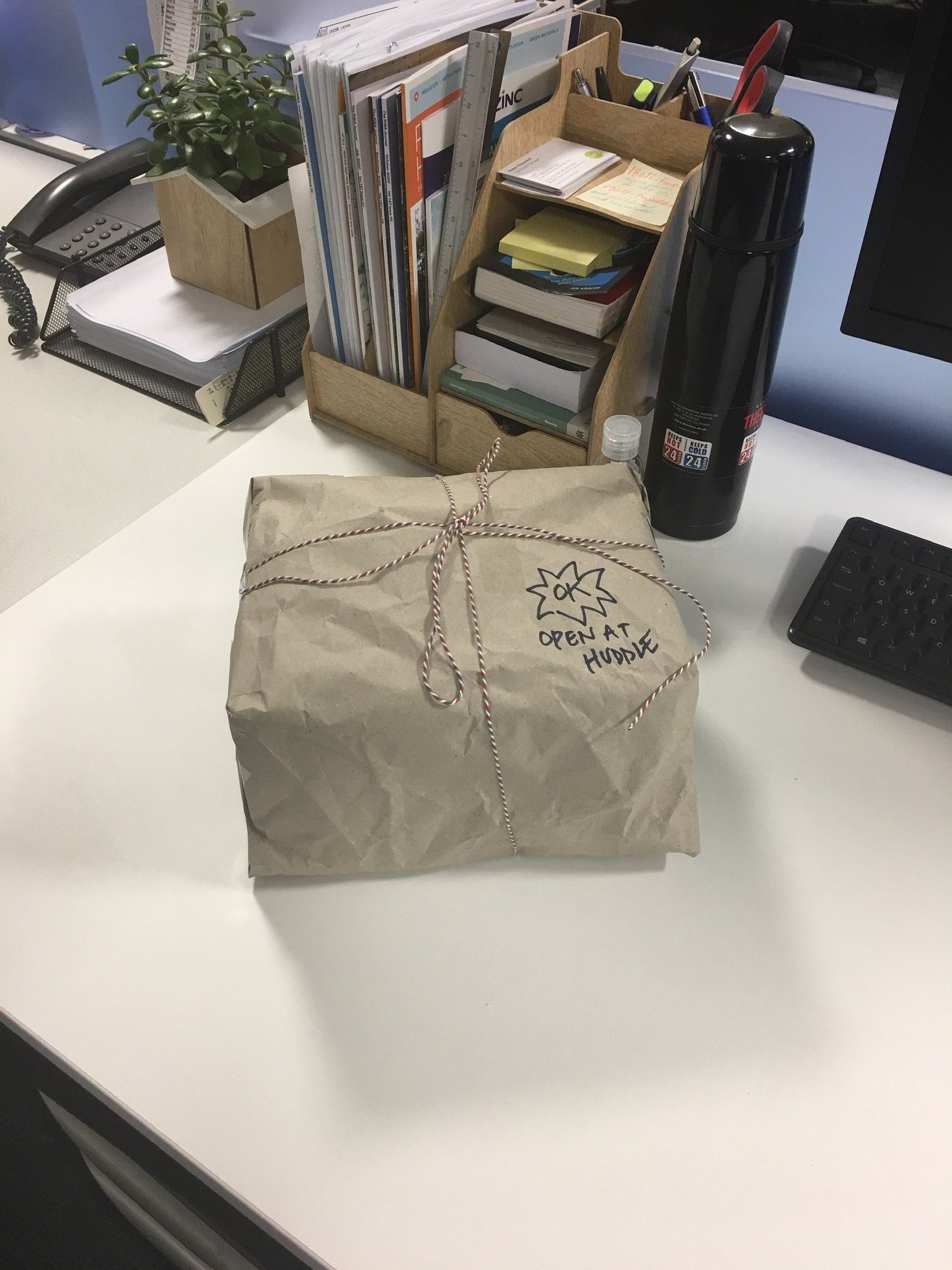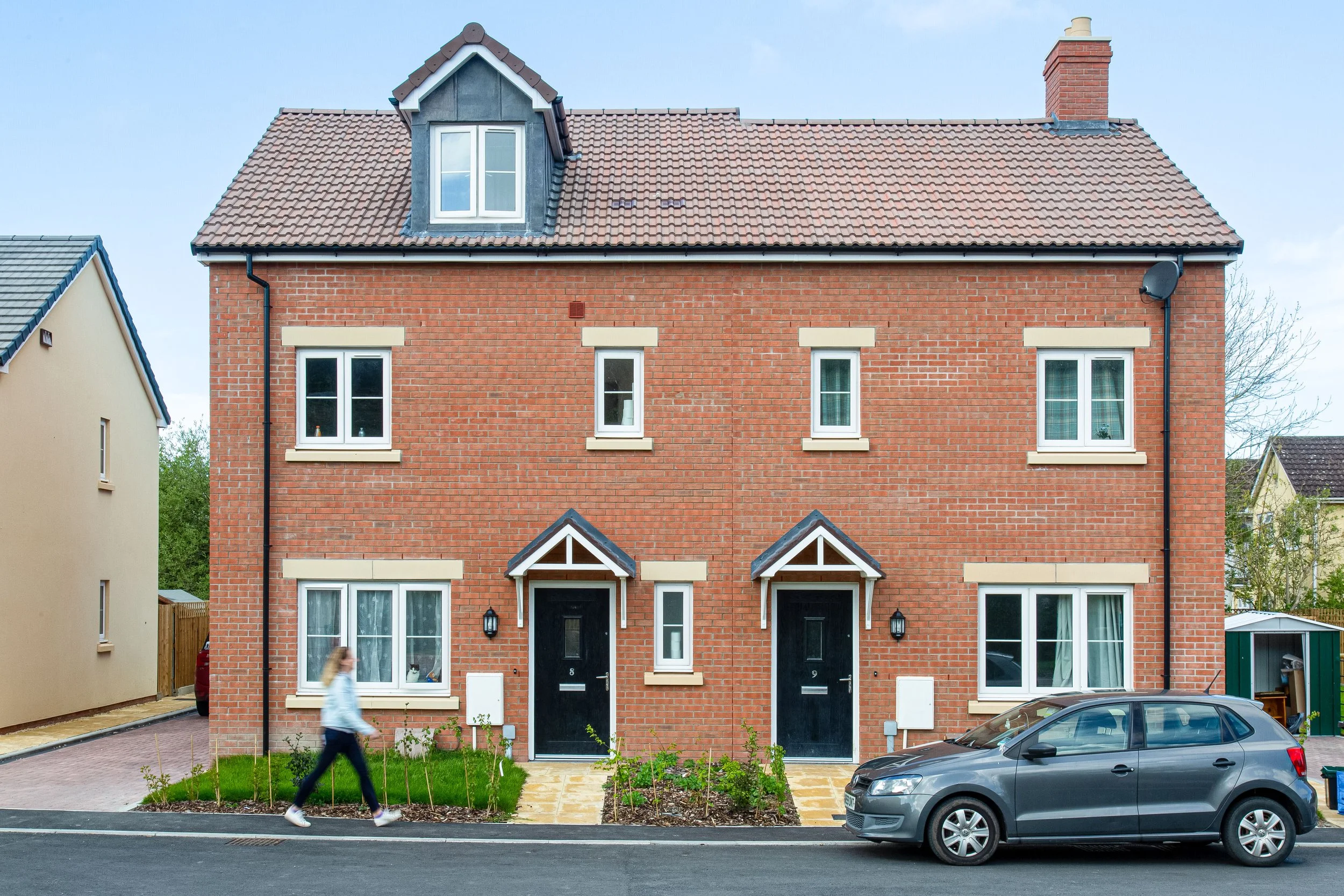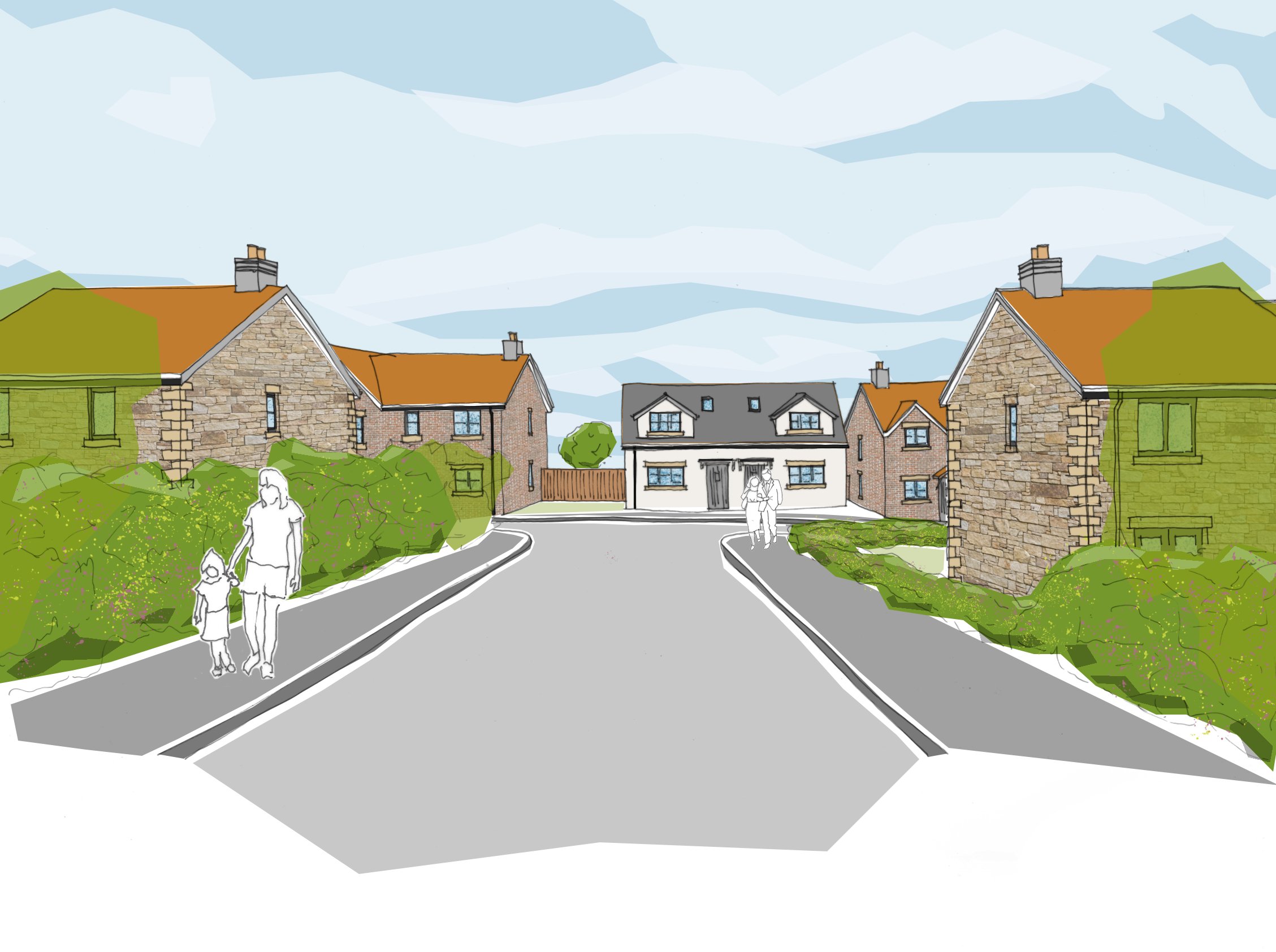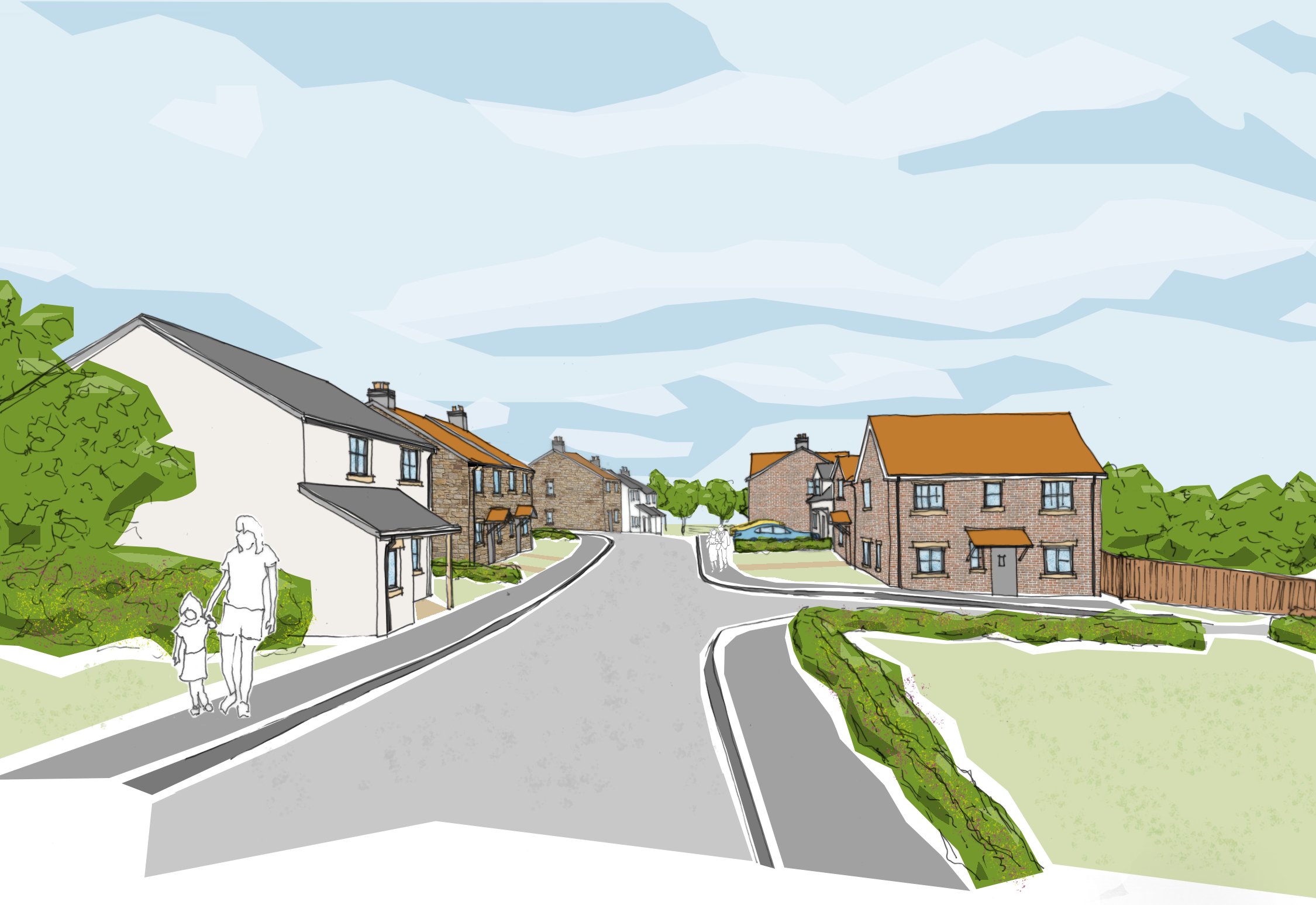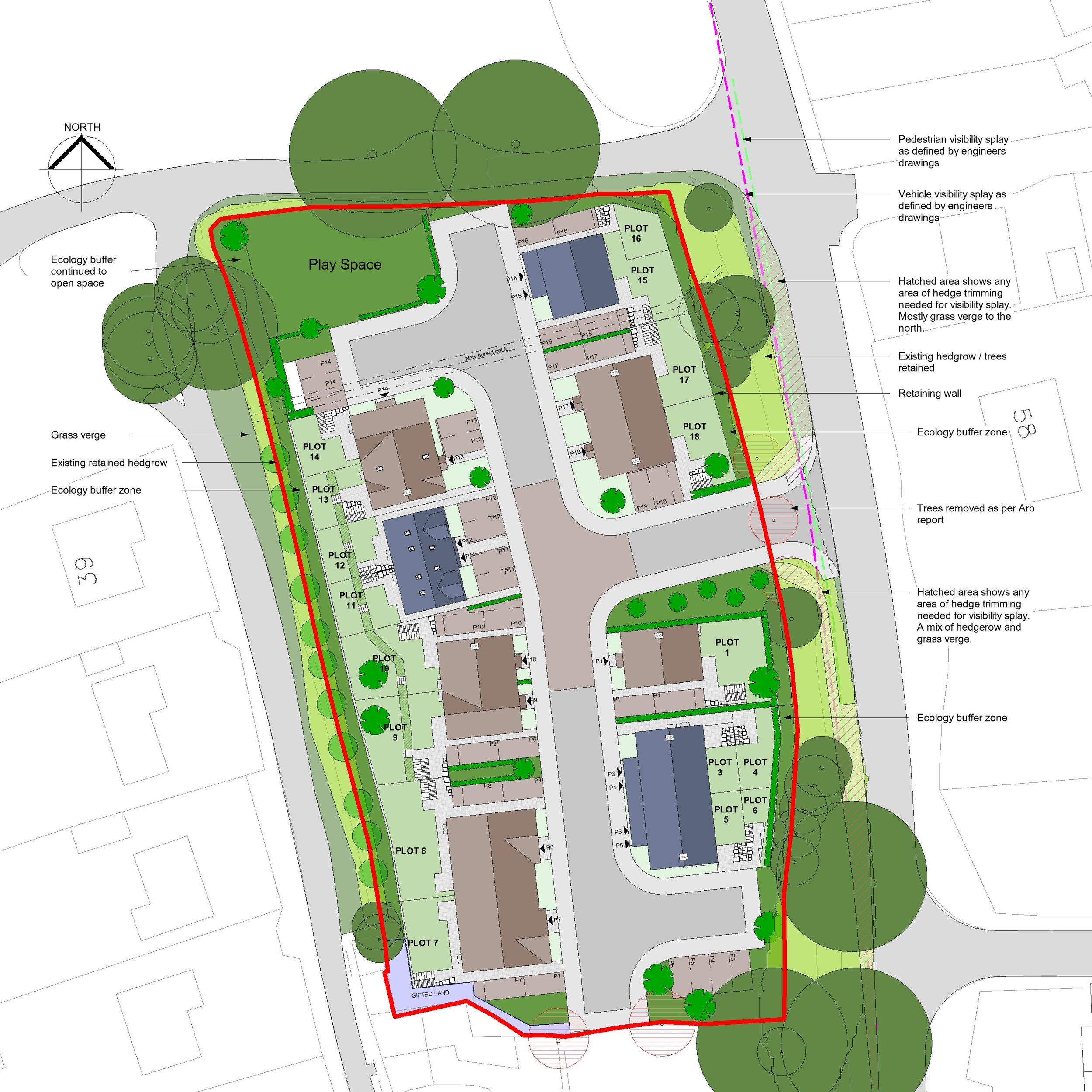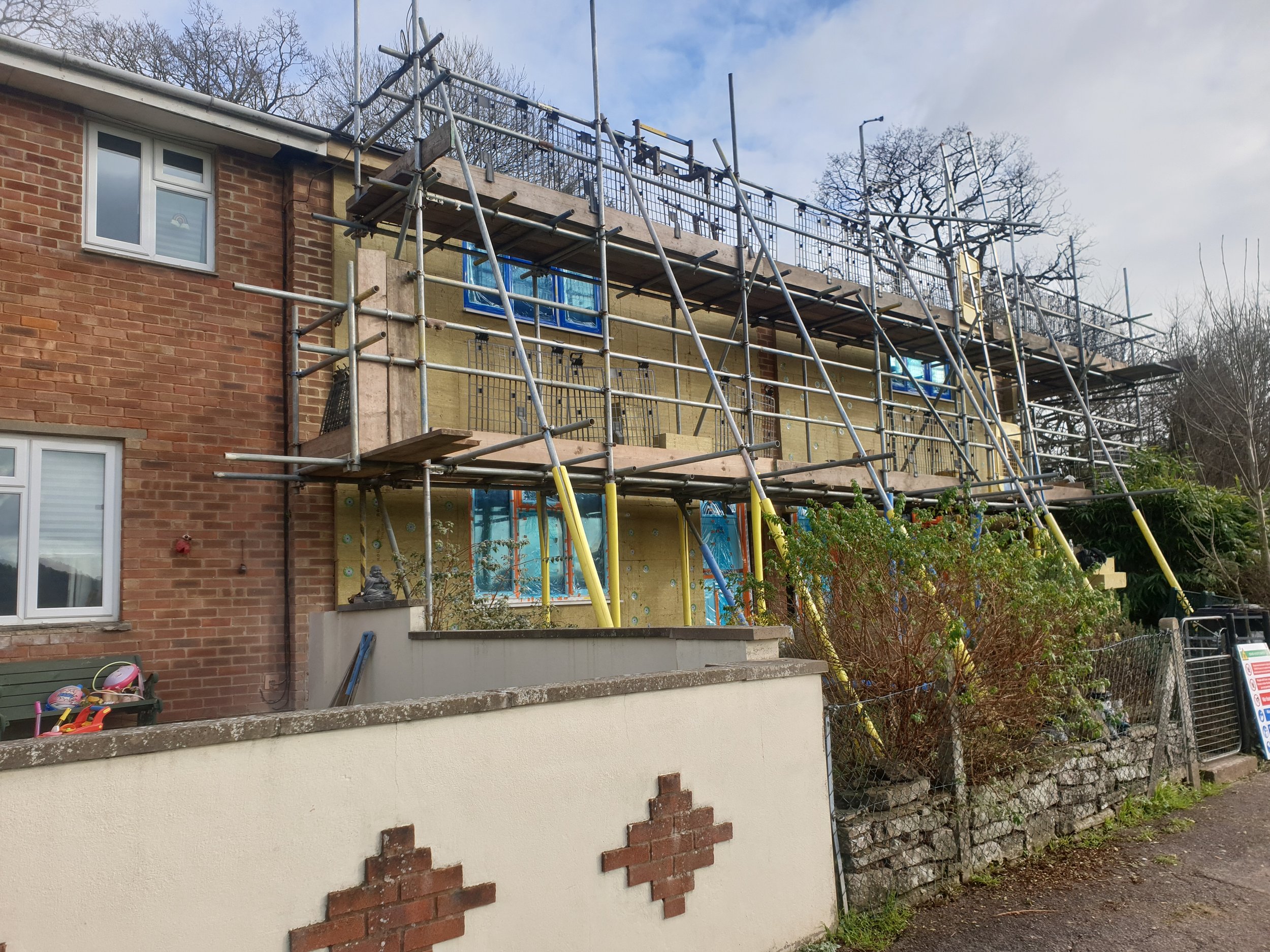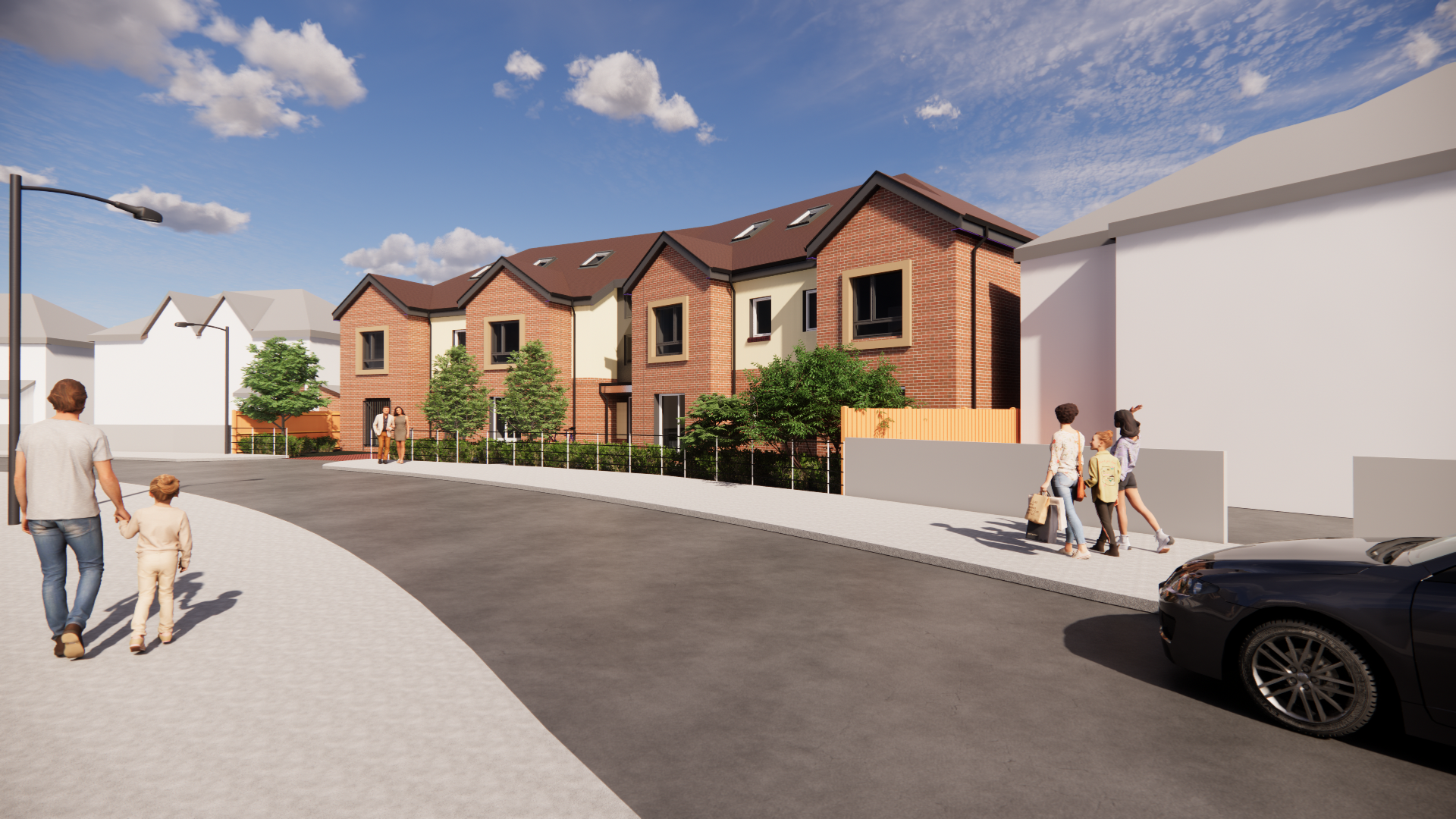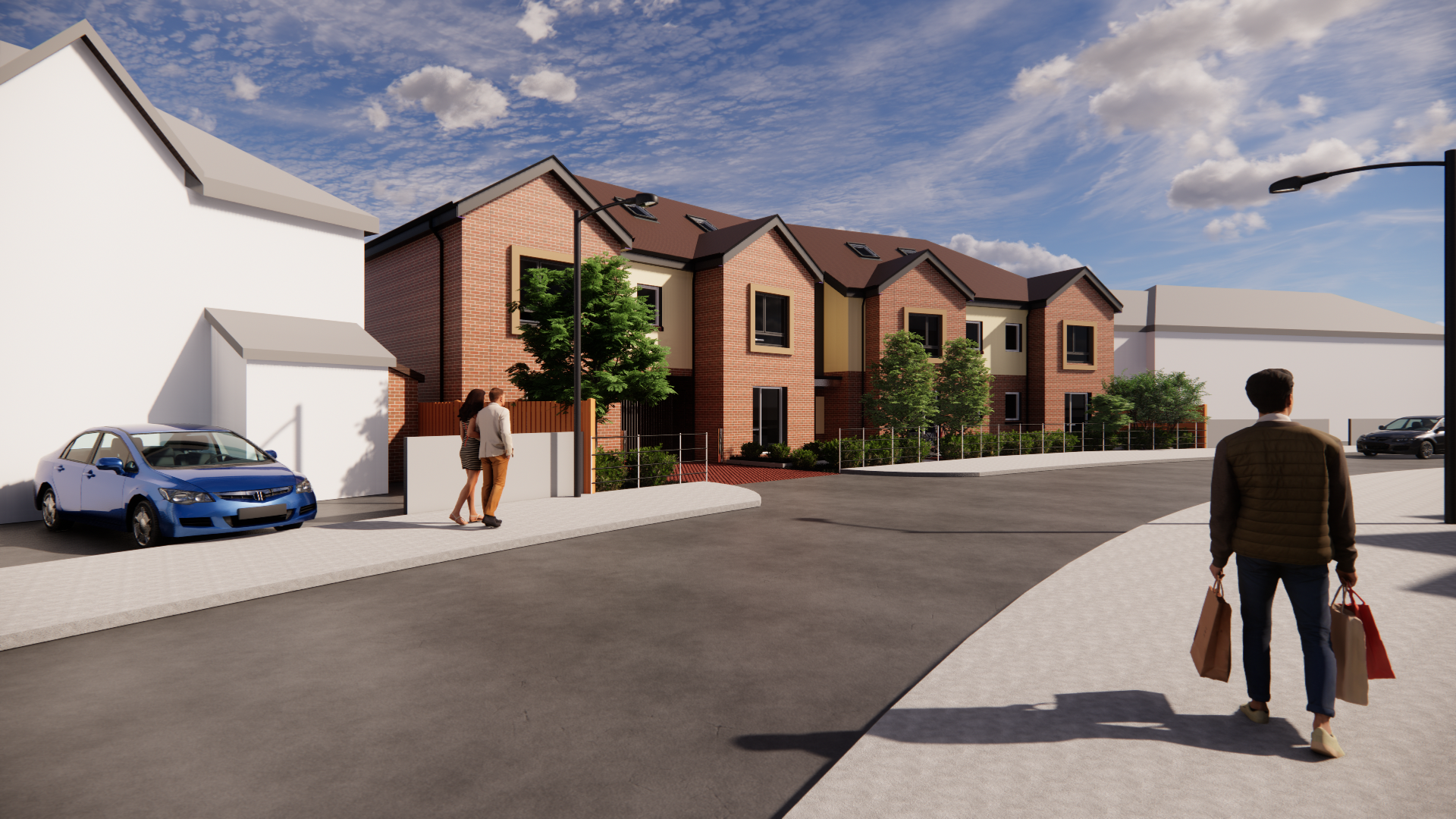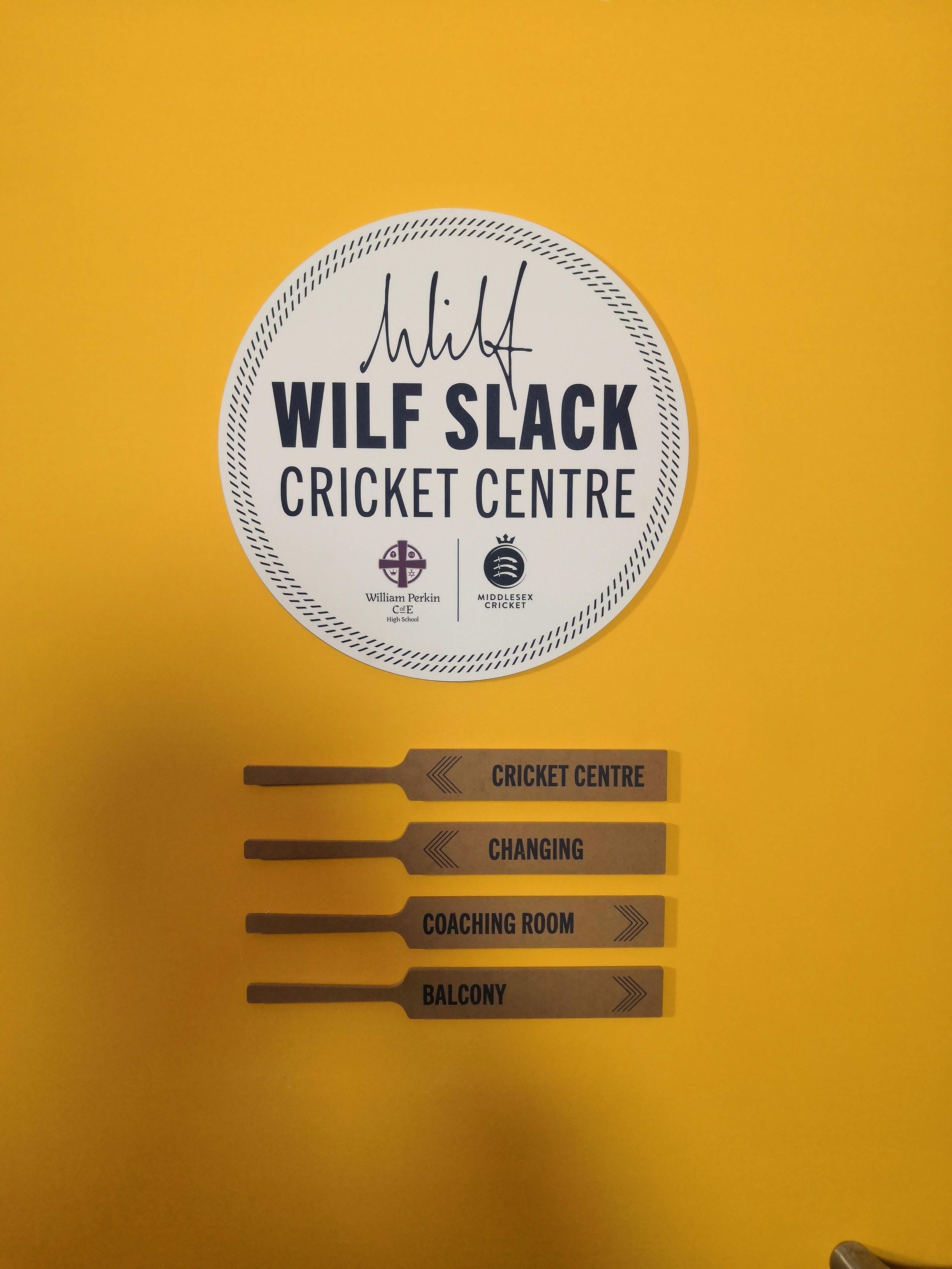At gcp, supporting mental health has always been at the core of devising sustainable working practices. We have long had family-friendly working policies in place and support flexible working requests for a variety of reasons from caring responsibilities to personal development, knowing that there is no “one size fits all” solution to improving work/life balance.
For the last few years we have used Work Life Week to evaluate our progress, celebrate achievements in this area and set targets for the following year. In a busy, hybrid working environment, it is helpful to use National Awareness days and weeks as a way for the whole team to think about and discuss our mental health at the same time.
In 2019 we held a mindfulness and creativity week, where we took some time out to be creative together. This was a great opportunity to have fun, take a break from our screens and chat with members of the team we might not work with on a day-to-day basis.
In the midst of a pandemic, Work Life Week saw a change of focus to physical activity breaks: we set ourselves a 1,000,000 step challenge for the week and encouraged everyone to take time off from their screens to get some fresh air. Working virtually, we also held coffee mornings as an opportunity for some chit-chat amongst the increasingly work-focused Teams meetings.
It is important to highlight that these weeks aren’t just one-off events, but something gcp are keen to continue to improve on. In the past year, we have signed up to Thrive at Work West of England and have embarked on a two year commitment to improve and evaluate our working procedures in a way that puts keeping our team mentally healthy at the core of what we do.
One year into this commitment we have made some subtle shifts in established working practices to support mental health, wellbeing and balance. At the beginning of 2021 we introduced private health insurance for everyone, to provide easy access to medical support for physical and mental health issues.
Long supporters of Mind, all members of the Senior Management Team have already completed Mental Health Awareness Training for Managers in 2021. This training will be provided to the rest of the office during 2021s’ Work Life Week.
This year we also ran an Employee Satisfaction Questionnaire to let us know what we are doing well already and what we need to improve, on an individual and organisational level. This will now become an annual undertaking, with benchmarking questions used to track trends amongst our team. As a result of this survey, we have:
Put mental health at the forefront of one-to-ones and reviews
Committed to putting wellbeing plans into place for anyone who needs it
Reinforced our one-to-one chats, now scheduled every 6 weeks (these are informal chats with directors outside of the formal review system, when any issues or concerns can be raised or feedback given)
Checked in on the wellbeing and mental health of staff via an anonymous survey
Arranged mental health awareness training for the Senior Management Team
Collaboratively planned for return to the office / bubble mixing
Attended a RIBA CPD Wellbeing session, with action points fed back to the wider team
Encouraged coffee breaks Tuesday & Thursday @10.30 for drop in (online – or in office for those in an office-based bubble)
Empowered staff to set up challenges, breakout rooms, coffee breaks, informal meetings as and when they need / want them
To follow, we will in the next 6 months:
Arrange mental health awareness training for the whole team
Devise a wellbeing & mental health policy, using our survey results, research and findings from year 1
Run the annual Employee Satisfaction Survey & report on trends / actions to wider team
Undertake a review of our appraisal system
Our Events Team will:
Define a place to play games, do puzzles, sketch at lunch (when closer contact is permitted)
Plan architectural/cultural day trips
Plan lunchtime events: games, exercise, Lego, pub – a mix of events to appeal to a wide audience
It is fair to say that the pandemic has highlighted both the positives and the challenges of virtual working and so this year for Work Life Week, we have changed the focus towards discussions about what sort of working environment we want to create as we move towards 2022.
gcp became employee owned in 2020 and now more than ever the wellbeing of our colleagues is central to us being a successful business. In Work Life Week 2021 we will be having daily discussions around the following:
Flexibility:
What does flexibility mean to me?
How does it impact my colleagues?
Mental health:
What can I do to help my mental health?
What can gcp do to help my mental health?
Practicality:
How do we see the new flexible and hybrid system working?
Creative and collaboration:
How do we see creative and collaborative design working in the new flexible and hybrid system?
Burn-out:
What is the best way to avoid burn-out? How do I work best?
For this week and beyond gcp continues to place employee wellbeing and keeping our team mentally healthy at the core of our company values.

















